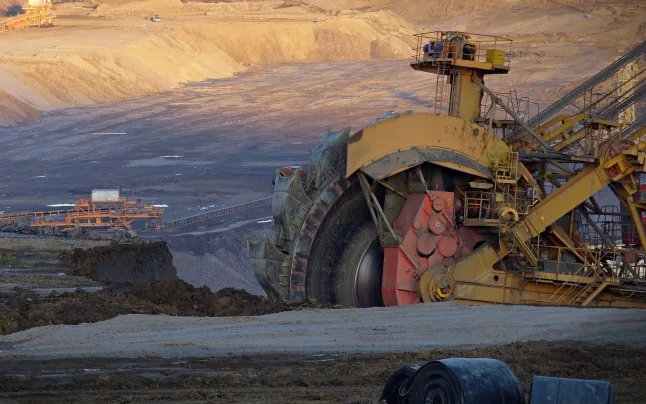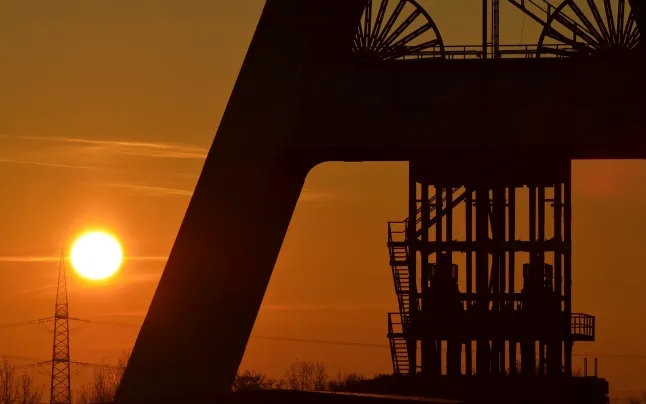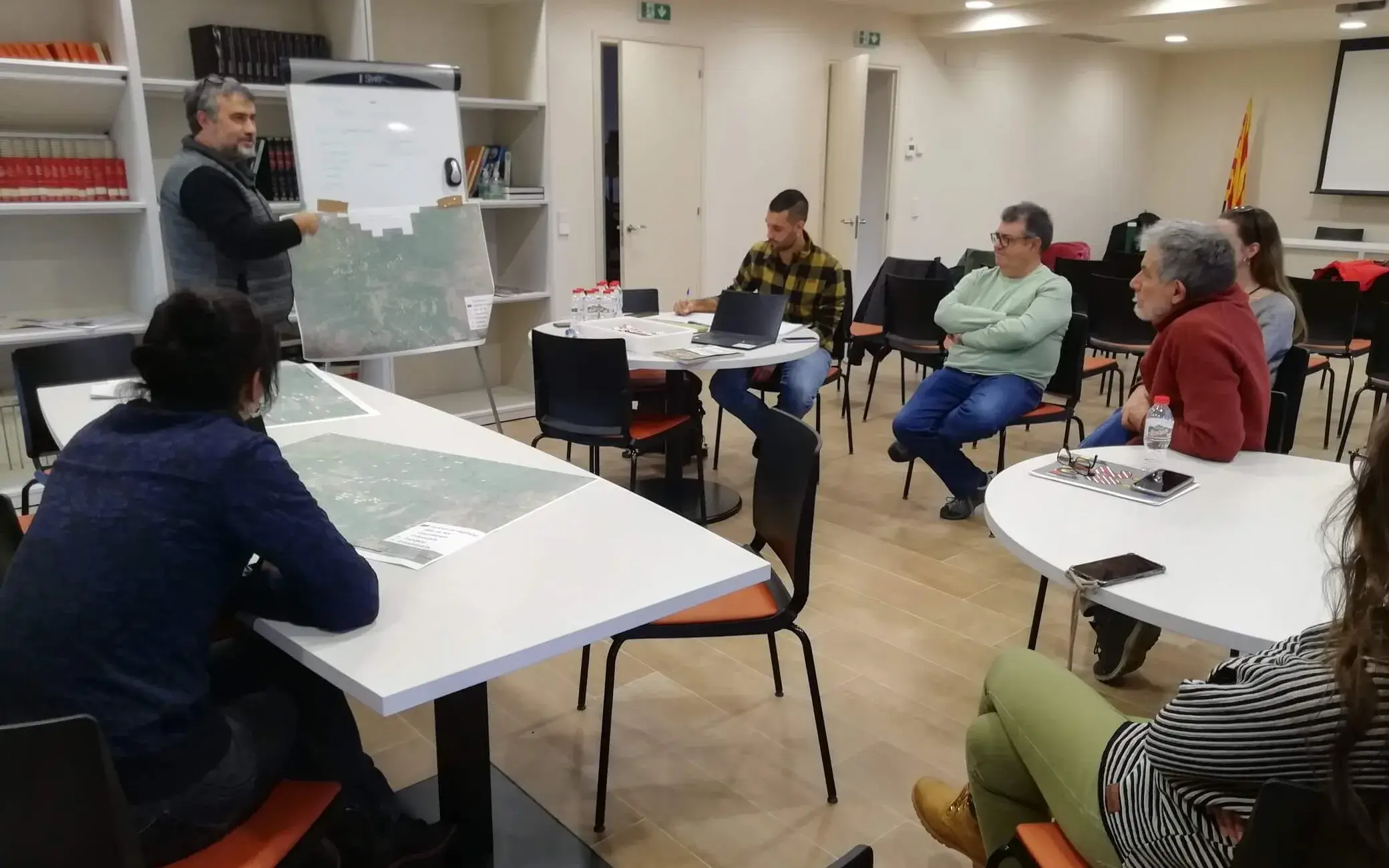These entities demand from the government a law that ensures that the activities carried on by companies respect human and environmental rights
“So far, this has been the law of the jungle, and companies need to realize that they can not continue to act as before”, said Dani Vilaró, Amnesty International’s (AI) communications manager. The entity is one of the drivers of the new Plataforma per les Empreses Responsables (Platform for Responsible Companies), a movement created by twelve civil society organizations, representing nearly 600 entities, to join forces and get the Spanish Government to adopt a law that makes companies responsible of the impacts of their activity.
“Large multinational companies have a huge impact on the lives of individuals and communities and they often take advantage of inefficient or poorly enforced national regulations. They also take advantage, wherever they operate, of contexts where human and environmental rights violations are common”, explained the AI member.
On many occasions, the absence of these legal standards has led to bad business practices that only benefit companies, evading their responsibility for the damage caused, they report.
As an example of these violations, Vilaró points mainly to the extractive industry. “There are many situations of forced labor, taking advantage of weak legislations regarding labor regulation. Or companies that benefit from the eviction of entire communities of indigenous people to keep the land for extracting raw materials”, he underlined.
As stated on its website, the European Commission is already working on a Community directive in order to hold companies accountable for their impacts on people and the environment. There are some countries such as France, Germany and Norway that have already passed legislation regarding this. “On the other hand, in Spain this issue is still in very early stages. This is the reason why we have created this initiative”, explained Vilaró to Xarxanet.
In parallel with the European directive, the platform thinks that a state law that obliges companies in this regard is needed. Especially those of the Ibex-35, since among all of them only thirteen have identified the risks of their activity to human and environmental rights, they underline.
That is why they demand that Spain has its “own voice” and approve a “regulation of due diligence” on companies and human and environmental rights “that establishes clear, solid and enforceable requirements for Spanish companies and foreign companies operating in Spain”. Ultimately, Vilaró pointed out, it is a question of ending the impunity with which many companies have operated when they commit human rights violations.
For platform drivers, accountability is the key to do this. “We need an effective system of fines and sanctions that is applied to those who do not comply and that facilitates access to justice and reparation for the victims of these abuses”, said Vilaró.
As an example of a case in which a company paid for its liability, the AI communications manager cited the case of the Anglo-Dutch oil company Shell, which had to compensate the Ogoni people due to the dumping of crude in 2008 in the Niger Delta.
A law with five key elements
And what should this state law look like? The organizations of the Plataforma per les Empreses Responsables want it to include five ideas. The first one is to force companies to develop and implement due diligence plans with all those preventive measures that companies take to prevent damage to their business, and to sanction the breach of this obligation.
Second, that a system of deterrence and sanctions be established in the evento of total or partial breach of this obligation, so the action is taken before damage occurs.
They also demand that the law provide for those cases in which there have been violations of rights and ensure access to justice and reparation for victims. For that reason, they also believe that it is necessary to designate an independent public authority "which is accountable and has a clear mandate, as well as sufficient financial and personal resources”.
Finally, according to the Plataforma per les Empreses Responsables, the law should require companies to publish an annual report with relevant and detailed information on their due diligence plans. This information should be accessible on their website.
Read here the document with the requests of the Plataforma per les Empreses Responsables.









Add new comment